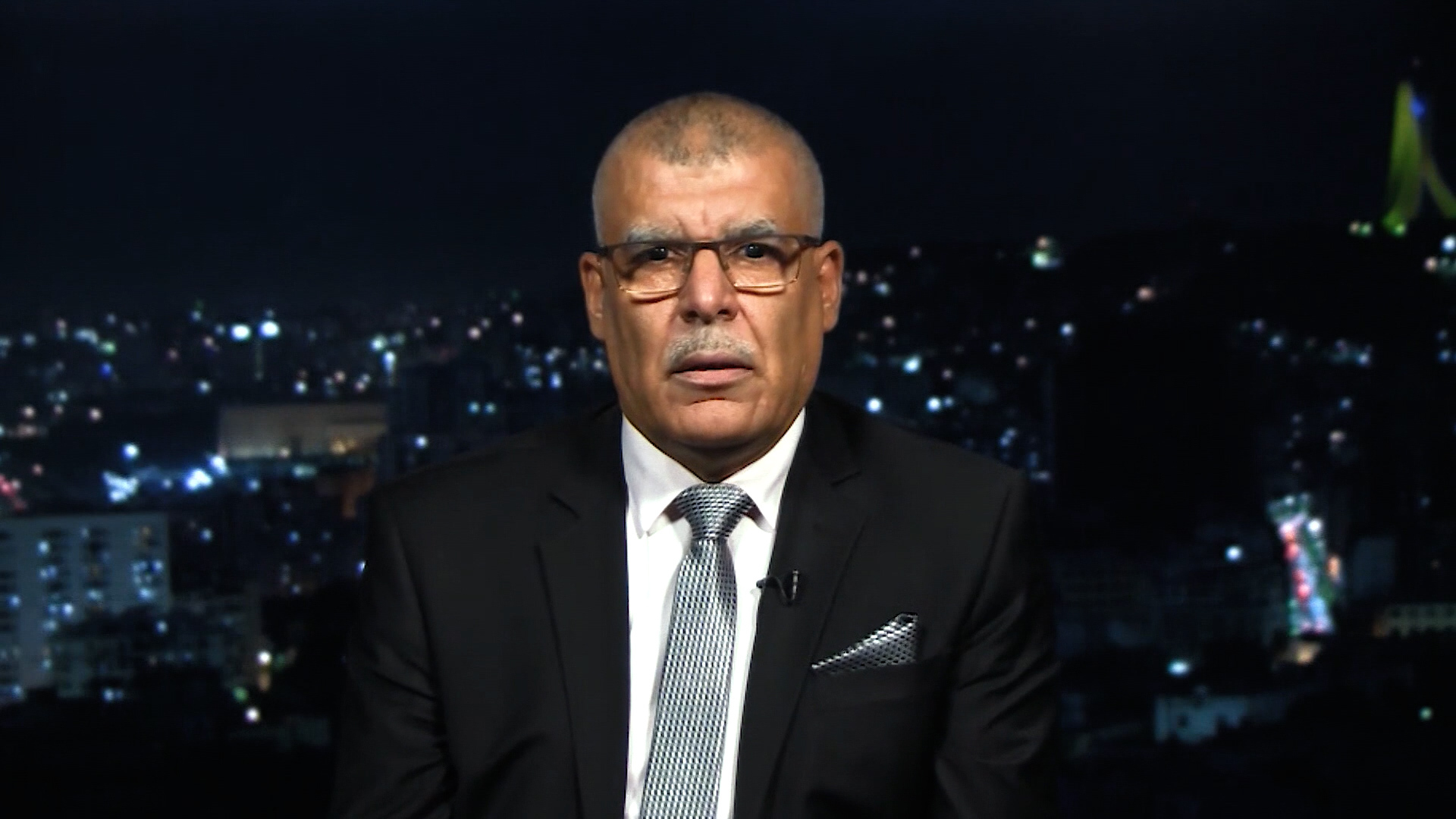And the professor at the Faculty of Law at the University of “Qasidi Merbah” Abdel Moneim Al Qasimi defines Sufism as a universal human concept that was found with the presence of man on the surface of the earth, and it began with the journey of the human soul to search for truth, perfection and the absolute, pointing out that Islamic mysticism was found in the third century of migration after the emergence of currents Intellectual and cultural, and before the phenomenon of Sufism, there was the phenomenon of Islamic asceticism.
Sufism - in the view of the Algerian professor - is a comprehensive and broad concept that was found in previous religions and civilizations before the advent of Islam.
For the academic advisor to the Institute of Politics and Society in Jordan, Muhammad Abu Rumman, the roots of Sufi culture prevailed in the Arab world for centuries, and it was a major part of the cultural and societal structure, and in some societies Sufism is a deep and rooted culture, such as the countries of the Maghreb, Egypt, Syria, ethnicity and other Islamic countries .
Abu Rumman attributed the negative view of Sufism to the spread of Salafism in the Arab world in the second half of the twentieth century, where Salafi culture dominated the general scene, and there was an anti- Sufism stance by trying to reduce it in some trends and behaviors, indicating that belonging to the Sufi way is not like belonging to a political party or of a certain collective, and that the Sufi phenomenon is a gelatinous phenomenon and not a dynamic phenomenon that is disciplined with clear political frameworks.
The struggle between Sufism and Salafism
Abdel Moneim Al Qasimi explains that it is necessary to distinguish between Sufism as a spiritual human phenomenon that seeks perfection and absoluteness, and the realization of servitude to God Almighty, and between the phenomenon of Sufi paths that appeared in the Middle Ages after the fall of Andalusia, and after the enemy’s attacks on Muslim countries increased.
He also rejects the view of some researchers that the Sufi orders are the cause of Muslims' backwardness and decline. Rather, it is the result of economic and social reasons after the fall of Andalusia, he says.
The university professor does not see a difference between the Sufi orders in the Arab East and the Maghreb, because most of these methods have one goal and one starting point, and the difference is in the methods.
And about the conflict between Sufism and Salafism, the academic researcher in Islamic mysticism, Aziz Al-Kubaiti Al-Idrisi, says in his intervention in an episode of “Mawazine” program (10/26/2022);
It is a conflict about the religious authority and it is more right to represent the people of the Sunnah and the group, as the Salafism sees that it is qualified for this representation, as it derives its reference from the Book and the Sunnah and the approach of the righteous ancestors, while the Sufis believe that the approach of the righteous ancestors was not unified, so they have the reference because they are based on the Book and the Sunnah And on the understanding of the Prophet, may God bless him and grant him peace.
As for the Sufi view of the rest of the peace movements, Abdel Moneim Al Qasimi focuses on the state of his country, Algeria, and says that the Sufi orders were in control of all walks of life before the French occupation entered, and then led most of them resistance and jihad against this occupier, but since the seventies strange Islamic currents have appeared About Algerian society, as a result of certain accounts and agendas, and the emergence of these currents led to problems, chaos, unrest and civil war in Algeria.
The employment of Sufism after the September 11 attacks
For his part, Professor Wasfi Ashour Abu Zaid explains in his intervention that the relationship between Sufism and other Islamic currents is generally negative in the absence of freedom, pointing out that Sufism is endorsement, a prophetic mission, and that all reformers were distinguished by the side of acclamation and mysticism. .
While the academic researcher in Islamic mysticism - in response to a question about the relationship of Sufism with Arab regimes during the recent period - believes that the relationship of Sufism with other Islamic movements and Arab regimes was linked to a number of circumstances and contexts, alluding to the attempts of Arab regimes after the Arab Spring to re-political use of Sufism in the face of Political Islam, in addition to the fact that some Western studies, after the September 11, 2001 attacks on the United States, sought to employ Sufism in the Arab world in the face of radical currents whose roots they considered Salafi.
The Jordanian guest also refers to Western theories that emerged after the events of 2001 that Salafism tolerated what happened in the United States, and reached conclusions that support for Salafi movements during the previous period negatively impacted the United States, and therefore they focused on researching Sufism and how to support Sufi orders as representing “traditional Islam.” In contrast to “political Islam”, without neglecting - as the speaker says - the emergence of a broad academic current in the West that studied Sufism objectively, and a large percentage of the owners of this current converted to Islam and became Sufis.
Regarding the possibility of Sufism offering itself as an alternative to Islamic movements, the Algerian professor believes that Sufism is too great to be an alternative to Islamic movements, indicating that Sufism’s resort to isolation from politics is due to the circumstances in which Sufi currents and methods existed that prevented them from working and developing further.

